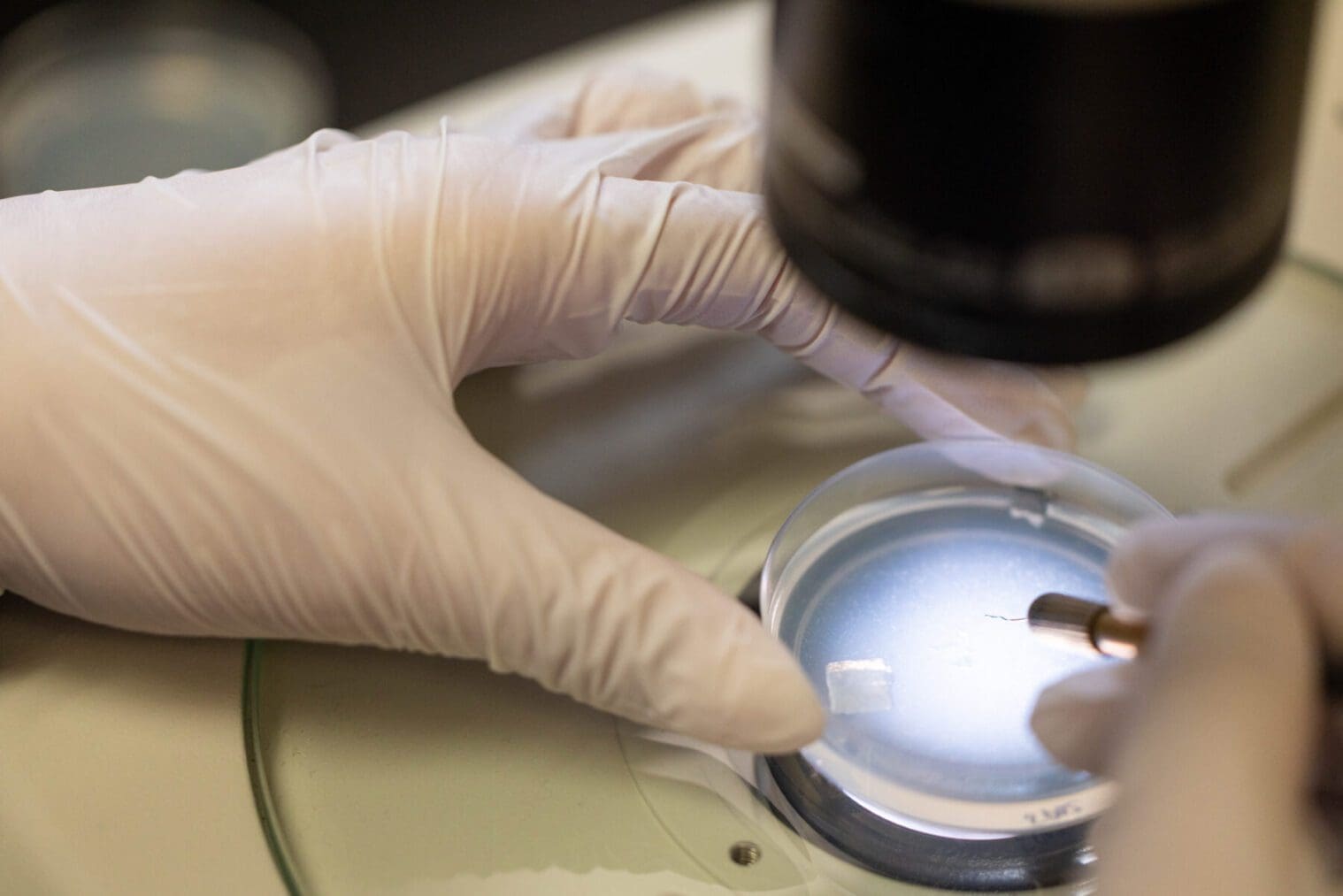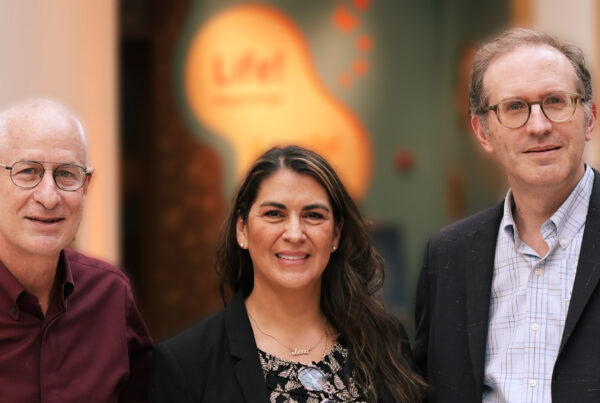This fall marks the debut of a new USC Leonard Davis School of Gerontology graduate program, the Master of Science in Aging Biology (MSAB). The program combines advanced coursework with hands-on laboratory training to prepare graduates for careers shaping the future of health, longevity and biotechnology.
The MSAB program equips students to explore the cellular, molecular and genetic mechanisms underlying aging, as well as big data approaches that can unlock new strategies for preventing and treating age-related diseases. Under the guidance of internationally recognized USC faculty, students will develop the skills and research experience needed to make discoveries that extend healthspan and improve quality of life.
“This program is ideal for curious and driven students who want to transform how we understand and address human aging,” said Pinchas Cohen, dean of the USC Leonard Davis School. “It offers a direct path into groundbreaking labs and a chance to work alongside pioneers in geroscience.”
The full-time, research-intensive program requires 32–36 units and is completed over two years on USC’s University Park Campus in Los Angeles. Students will conduct mentored research culminating in a master’s thesis, with opportunities to publish their work.
The MSAB is designed for students with backgrounds in biology, neuroscience, molecular or cellular sciences, biochemistry, or related disciplines. It may be a strong fit for those seeking advanced preparation before a PhD or MD program, or for those aiming to contribute to biotechnology, pharmaceuticals or health care sectors focused on aging and age-related diseases, Cohen said.
“With Los Angeles as a hub for biotechnology and health care, our students have access to a vibrant scientific community that is redefining what’s possible for human lifespan and healthspan,” he said.





